

2018-01-10 08:40:00 Wed ET
technology antitrust competition bilateral trade free trade fair trade trade agreement trade surplus trade deficit multilateralism neoliberalism world trade organization regulation public utility current account compliance
President Trump considers imposing retaliatory economic sanctions on Chinese products and services in direct response to China's theft and infringement of U.S. intellectual property. Trump's retaliatory trade sanctions may involve tariffs, quotas, embargoes, and other restrictions on China's investments in U.S. companies. This punitive penalty arises as part of a recent Trade Act Section 301 probe into China's recent regulations that induce U.S. multinational corporations to establish onshore IT data centers. These regulations force unfair intellectual property and technology transfer from these U.S. multinational corporations to their Chinese counterparts. Without such technology transfer, the use and implementation of U.S. patents and trademarks would otherwise involve egregious infringement at the expense of U.S. firms and other innovators.
Recent empirical evidence suggests that this unfair technology transfer may be the root cause of both billions of dollar losses in corporate revenue as well as millions of job losses in America. In addition to intellectual property theft and infringement, the Trump administration also accuses China of currency manipulation. Over the years, China has been accumulating substantial dollar reserves in the form of U.S. Treasury bonds for better renminbi devaluation. This deliberate devaluation leads to more competitive Chinese export prices and thus better low-cost product sales abroad. The Trump administration needs to consider retaliatory trade sanctions on China in order to eradicate trade deficits with better fiscal discipline.
If any of our AYA Analytica financial health memos (FHM), blog posts, ebooks, newsletters, and notifications etc, or any other form of online content curation, involves potential copyright concerns, please feel free to contact us at service@ayafintech.network so that we can remove relevant content in response to any such request within a reasonable time frame.
2019-12-13 09:32:00 Friday ET
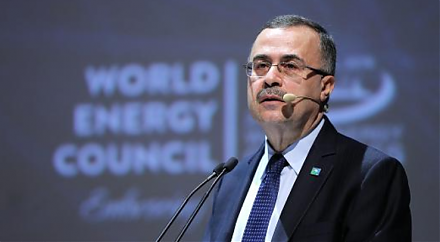
Saudi Aramco aims to initiate its fresh IPO in December 2019. Several investment banks indicate to the Saudi government that most investors may value the mi
2019-06-01 10:33:00 Saturday ET
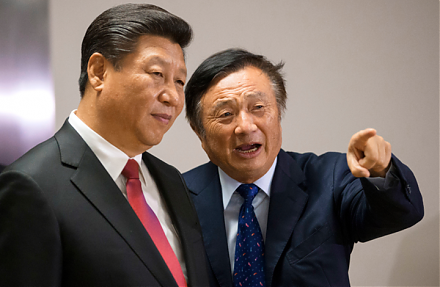
Top tech firms such as Google, Intel, and Qualcomm suspend Android services to HuaWei as the Trump administration blacklists the Chinese company. HuaWei can
2020-11-10 07:25:00 Tuesday ET

The McKinsey edge reflects the collective wisdom of key success principles in business management consultancy. Shu Hattori (2015) The McKins
2017-09-03 10:44:00 Sunday ET
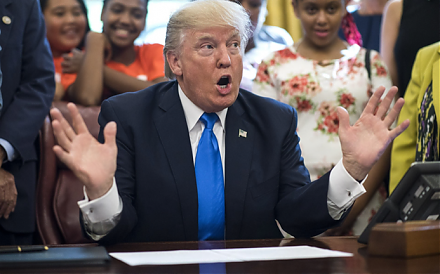
President Donald Trump has released his plan to slash income taxes for U.S. citizens and corporations. The corporate income tax rate will decline from 35% t
2017-12-09 08:37:00 Saturday ET
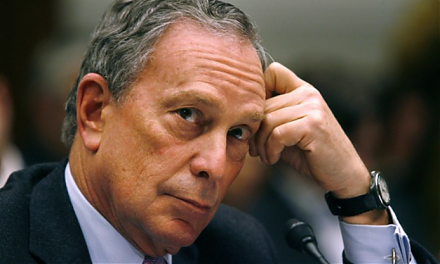
Michael Bloomberg, former NYC mayor and media entrepreneur, criticizes that the Trump administration's tax reform is a trillion dollar blunder because i
2019-08-02 17:39:00 Friday ET
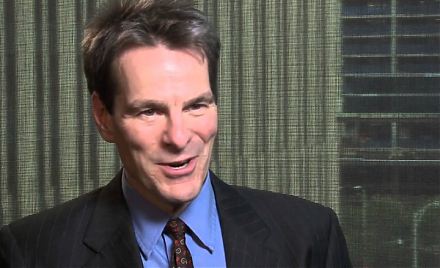
The Phillips curve becomes the Phillips cloud with no inexorable trade-off between inflation and unemployment. Stanford finance professor John Cochrane disa